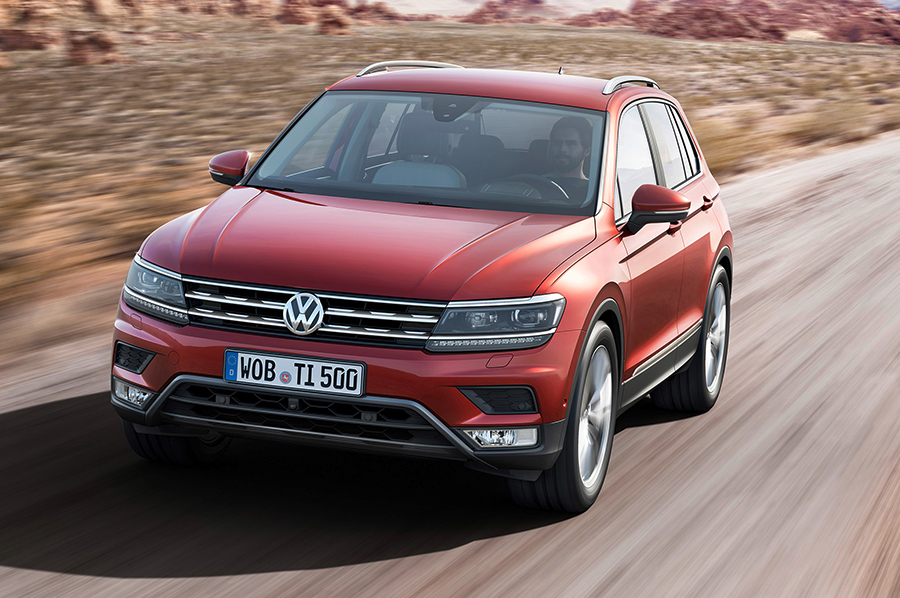After rigging diesel emission tests, Volkswagen is reportedly going to launch at least 30 electric vehicles by 2025. The largest car manufacturing company in Europe is about to undergo “the biggest change process” in its history, perhaps due to an abrupt fall of 4.3 percent in its shares.
The new plans to embrace emission-free technologies are under the label “TOGETHER – Strategy 2025,” but there are still no major details for the public or investors to see what Volkswagen is preparing for the future.

Dealing with the scandal’s repercussions
The diesel scandal has become the largest issue the company has faced in its 79 years since it was founded. Volkswagen officials admitted in September that they had rigged the mandatory U.S. diesel emission tests. The rigged vehicles are reportedly able to output at least 40 times the permitted amount of emissions.
At least $18 billion have been invested into reversing the damages and calling back the rigged vehicles from their customers. More fees are expected to surface as time goes by.
Volkswagen already has a line of electric vehicles, but the company has only allowed itself to build around 67,000 units, which is a very small amount when compared to the 10 million vehicles it has manufactured in 2015.
Me too #EV "vision" underwhelms: #VW bets on #electric #car, services to recover from #dieselgate crisis https://t.co/3quVVhBMc3
— Chief Digital Office (@chdigofc) June 17, 2016
The company is also expected to develop autonomous driving models and better quality electric batteries as part of their TOGETHER business plan. Analysts, such as TCI, expect and recommend more drastic measures from Volkswagen, primarily through the sale of other divisions such as Ducati.
Officials from the company have assured that the new plan aims to preserve jobs and cut costs, as they must compete with rivaling car manufacturers that have already embraced the development of electric vehicles.
Concerning the diesel test rigging, investors are still holding on to their shares. It is mainly because the results of the investigation are still pending, as there is still no direct responsible for the order that led to the billionaire loss of revenue in Volkswagen’s finances.
To invest or not to invest?
#VW mulls $11 billion battery cell plant https://t.co/B5icIwbCxZ via @plasticsnews #electric #vehicles pic.twitter.com/2ZmPJeVsoA
— Ansible Motion (@ansiblemotion) June 5, 2016
Most investors argue that, currently, Volkswagen is not “an investible stock.” Investors take into account a company’s relationship with the government, which in the case of Volkswagen, has become very deteriorated as it willingly cheated the Clean Air Act, which resulted in a lawsuit from the U.S. Justice Department.
In spite of its recent mistakes, many shareholders believe that Volkswagen’s future is promising. The company has the task of substantially increasing sales revenue to compensate for the costs of dealing with the repercussions of cheating the diesel tests. They also need to encourage investors and shareholders to keep supporting the company, as it lies within them to keep employees working and to not sink the firm into a financial crash that could lead it to bankruptcy.
Volkswagen has responded accordingly to its current situation by developing a long-term plan, in this case, TOGHETER – Strategy 2025. One of the points that the company has addressed is that they aim to improve their sales revenue from individual products by a 7 to 8 percent rate, as they managed to earn an additional 5 percent over the course of 2015.
Source: The Star
